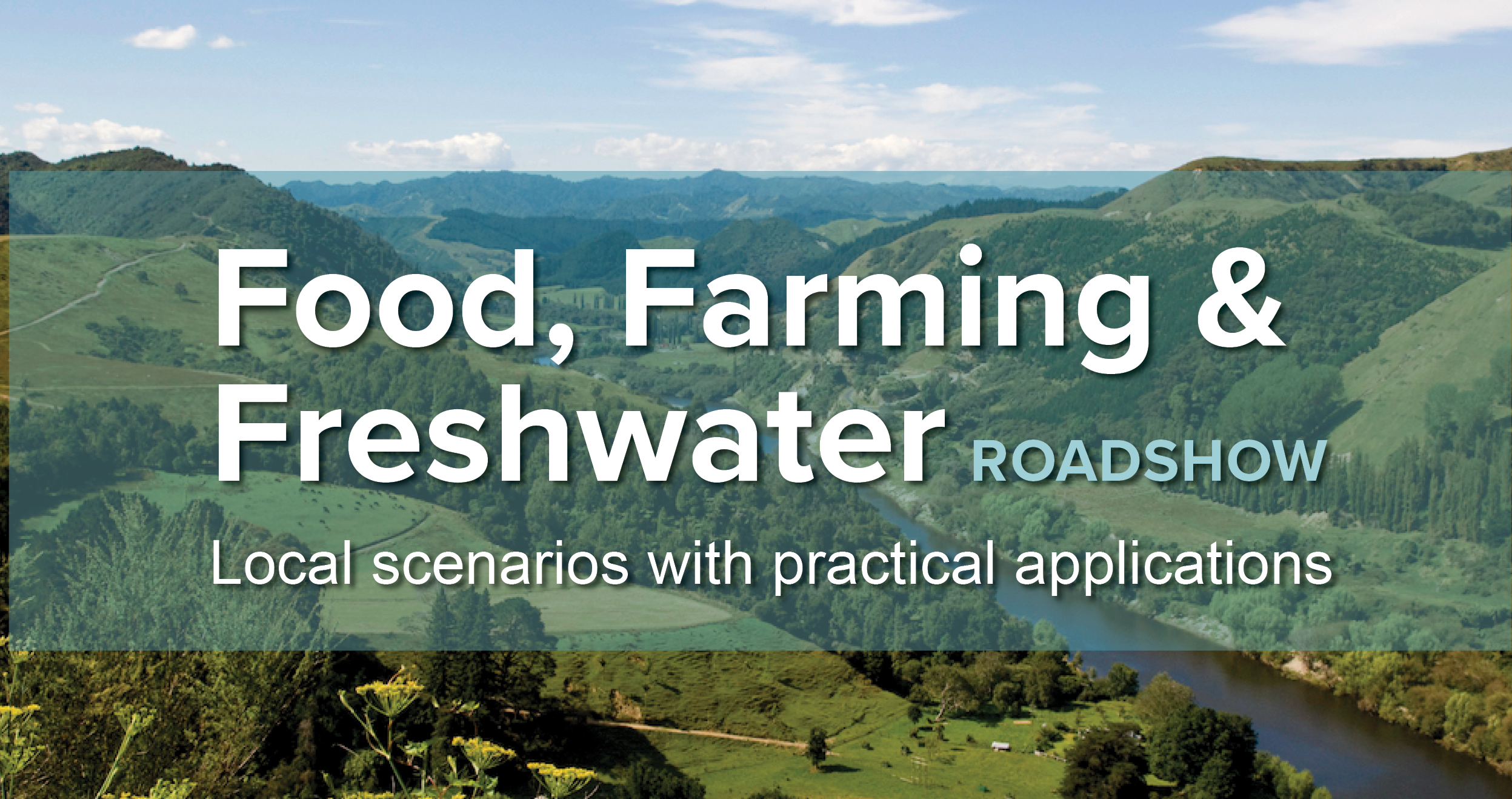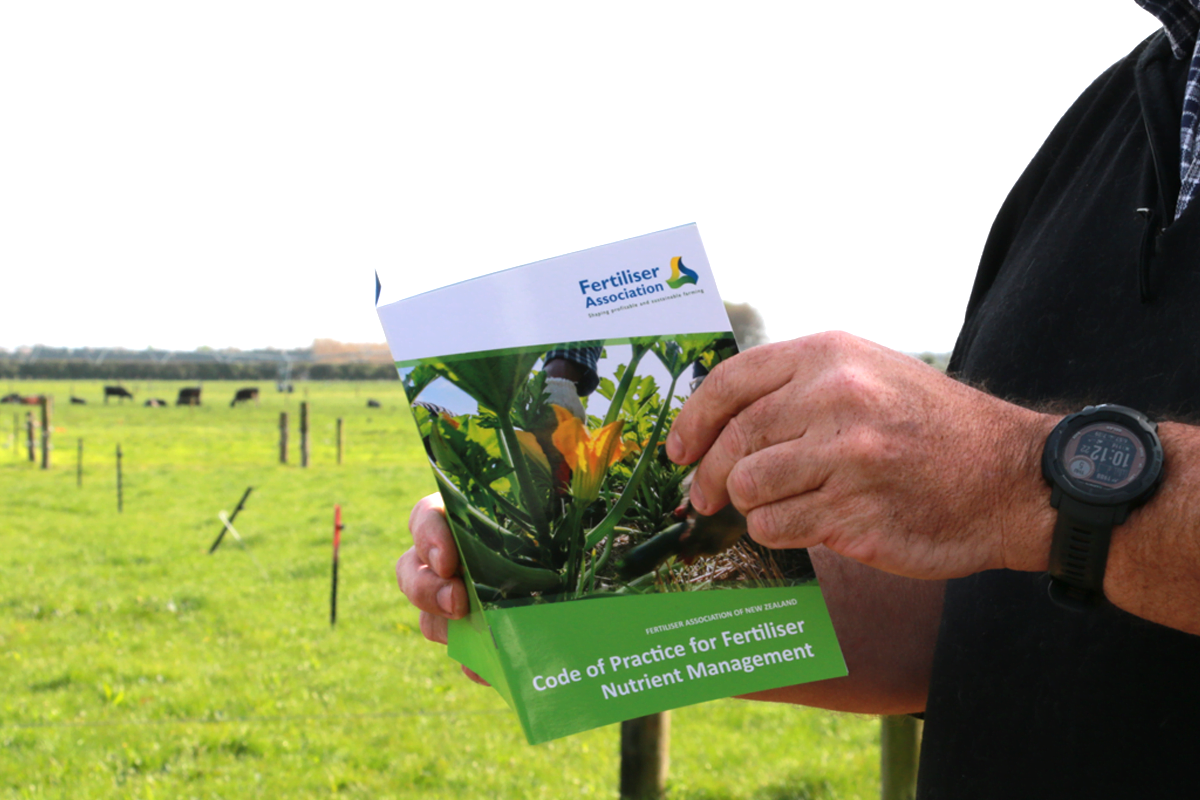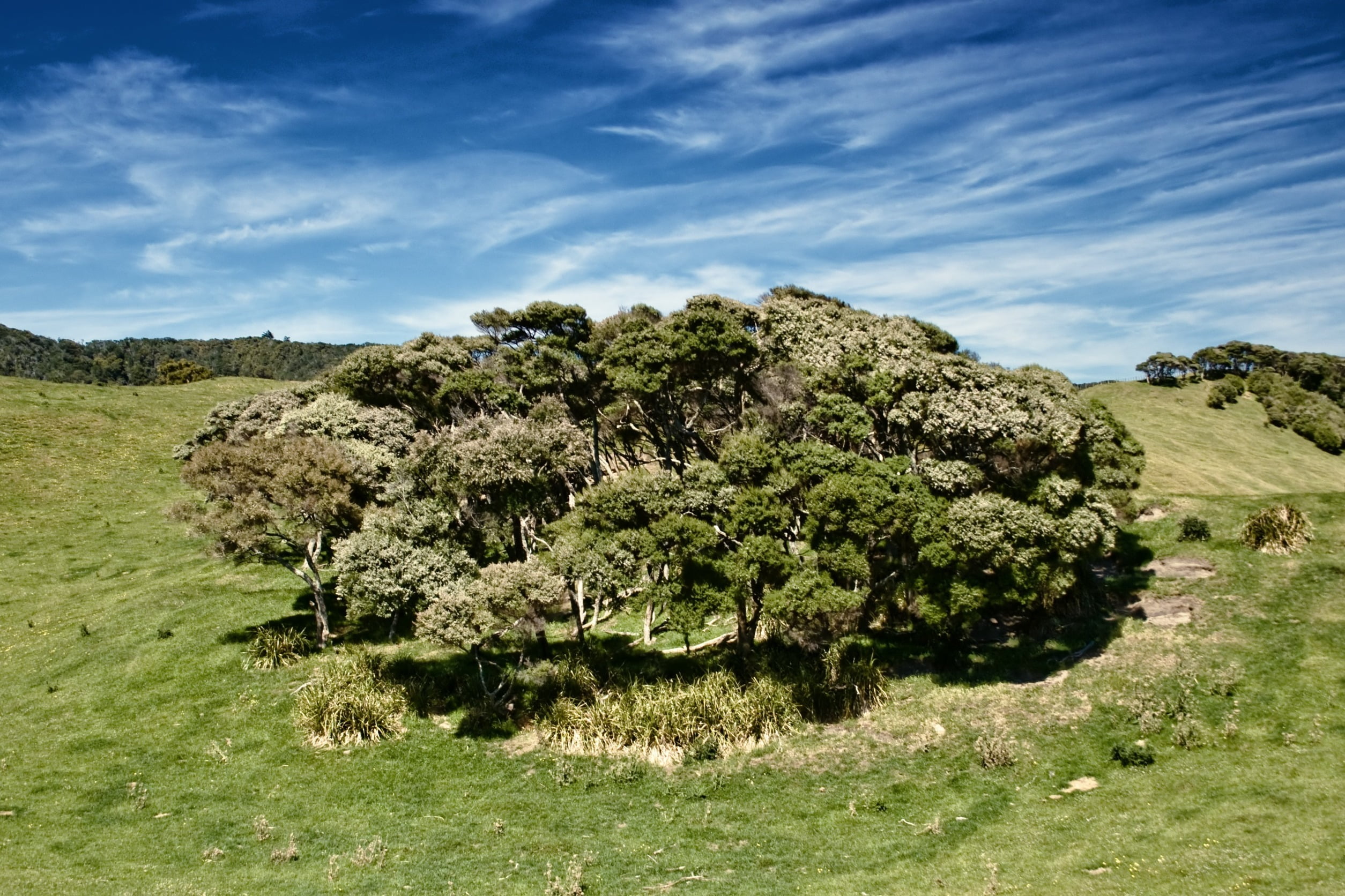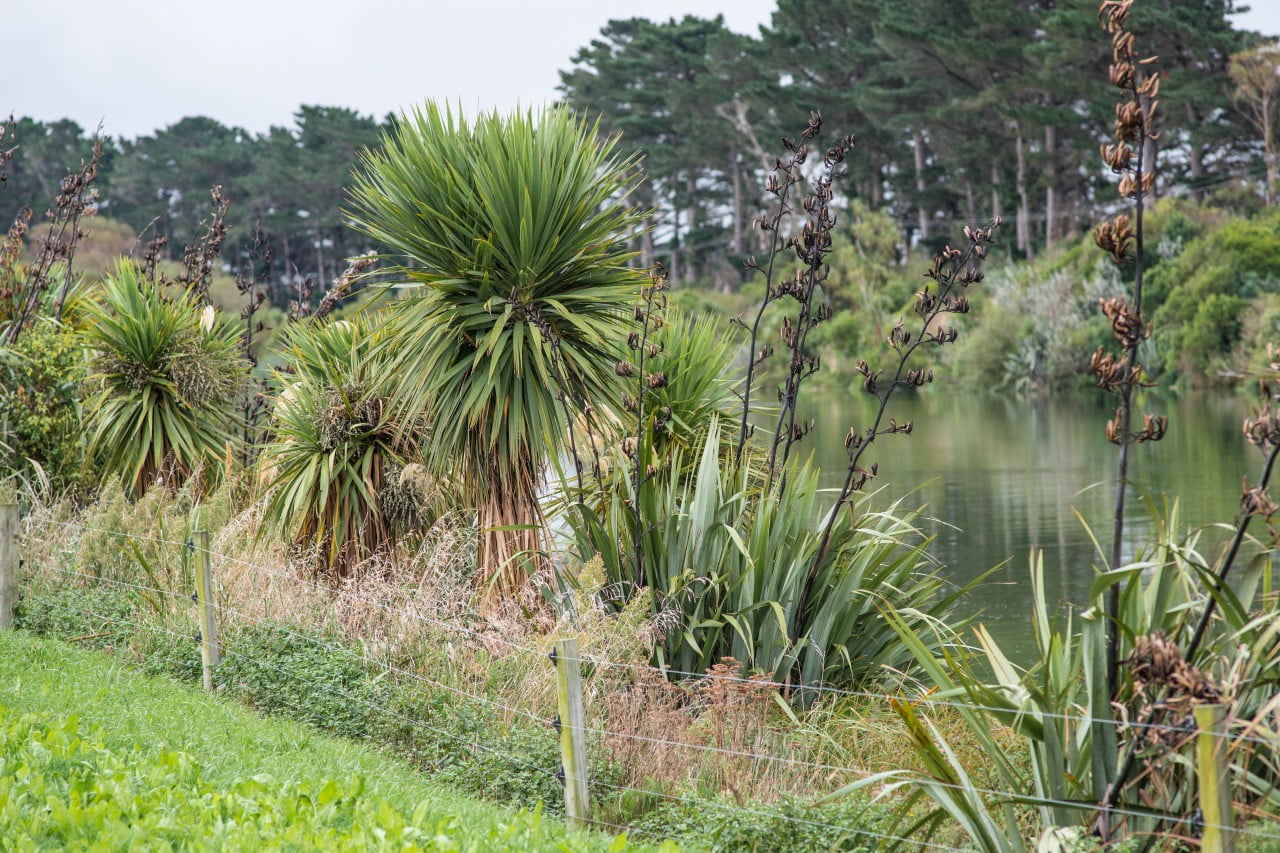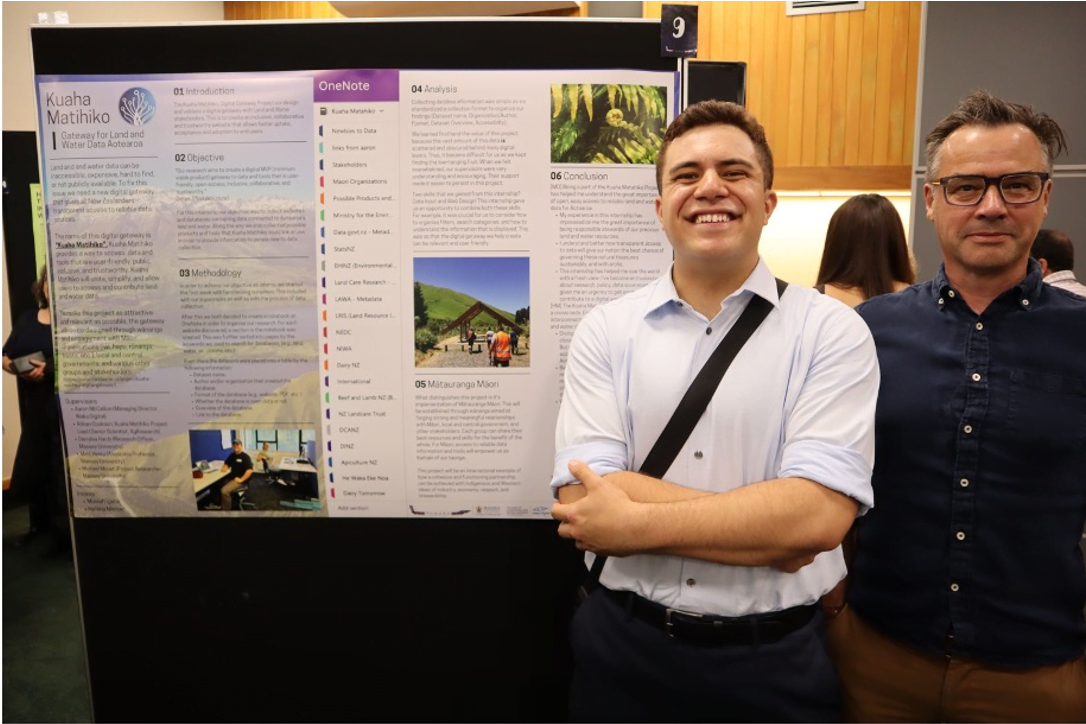Signals for Land Stewards
Identifying the signals that influence farmers and growers when implementing environmental practice change
Project Details Ngā taipitopito
March 2023 – December 2023
Collaborators Ngā haumi
AgFirst | Lincoln University | Massey University | Ministry for the Environment | MPI | NZ Landcare Trust | Primary Insight | Scarlatti | Scion | Thriving Southland
What are we doing?E aha ana mātou?
Many people and organisations are trying to encourage on-farm practice change to improve environmental sustainability, while maintaining or improving productivity and profitability. They are providing farmers with a lot of information, resources, and expertise about potential farm system changes, land use change, changes in management practices, and the use of new technologies.
This advice interacts with other ‘signals’ that influence on-farm decisions, such as information from the natural environment, culture and society, farm activities, industry group directives, markets and incentive schemes, regulations, prices, peers, and research. For example, a farmer might receive information from their catchment group about invertebrates and sediment load. The action taken in response to this signal could range from ignoring it, to a practice change on-farm to reduce the amount of sediment going into the catchment.
The Signals for Land Stewards working group identifed the key signals that lead to a constructive response from land stewards that moves towards more resilient, healthy, and prosperous land use.
The Signals for Land Stewards research is continuing as two associated research projects: Sending Strong Signals, and Supporting Catchment Groups. These projects will provide guidance on how signals can be used to increase the likelihood of bringing about positive change.
How can the research be used? Ka pēhea e whai take ai te rangahau?
- Signals have been identified and prioritised that New Zealand land stewards respond to when considering on-farm practice change in the context of environmental sustainability.
- A practical guide will be developed to provide industry bodies, advisors, policymakers and other interested stakeholders with guidelines about how to allocate their resources towards signals that are more likely to bring about effective on-farm change to improve outcomes for land stewards and the environment.
- The findings of this project will help farm advisors, consultants, researchers and policymakers adapt their initiatives, interventions and interactions with farmers to align with the signals that have the most influence on a given segment of farmers, for a given practice change.
- This work will help ensure information is more useful and accessible to land stewards who need or wish to implement change on-farm to improve water quality. More effective extension or change programmes may enable land stewards to see the measurable benefits that could follow from their decisions.
- This research will collaborate with and support case studies that explore farmers’ response to a range of signals (such as those on-farm, from regulation, and sociocultural). This will identify examples of interventions to investigate, to find out how the most important signals were instrumental in bringing about practice change – or conversely, why some signals were ineffective in bringing about practice change. This work will also aim to identify the leverage and rewards that environmental practice change has, compared to production practice changes.
- The Supporting Catchment Groups research will build understanding of how strong signals can be co-ordinated at a catchment, regional and national level to drive good collective outcomes.
- The ultimate goal of the research is to support organisations to drive and support strategic land-use change.
Participation & engagement Te hunga i whai wāhi mai
- The research teams are working with stakeholders that create and deliver signals, such as policy-setters from MPI and MfE, regional government, marketing entities and catchment groups, to understand their priorities.
- The practical guidebook will be tested with organisations that have national reach and their feedback will be incorporated into the guidance.
- Case studies will provide data on farmers’ responses to signals focused on environmental change.
- The case studies will be a safe place for Māori researchers to contribute as they have mana whenua for places but not others. Working alongside Māori in the case studies will help ensure the guidance for advisors and policymakers facilitates greater inclusion of indigenous perspectives.
 View Our Strategy Document 2019 – 2024
View Our Strategy Document 2019 – 2024
